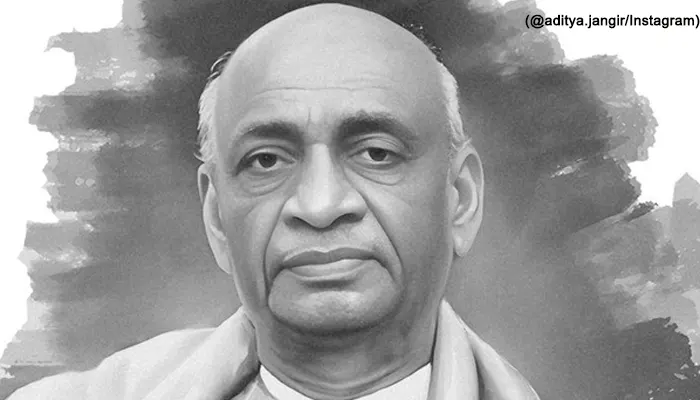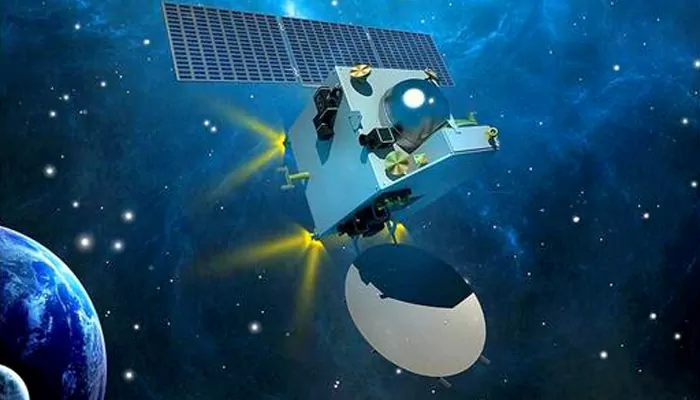India to Reach the Global AI Forefront with £5.1 Billion Spending Projection by 2027
- Admin
- 1 year ago
- 3 minutes read

A recent joint report by Intel and IDC has evaluated the maturity of Artificial Intelligence (AI) adoption across eight markets, including India. India's AI spending is expected to grow rapidly, with a projected Compound Annual Growth Rate (CAGR) of 31.5% by 2027, reaching $5.1 billion. This comprehensive assessment delves into enterprise, government, and socio-economic dimensions, providing valuable insights into India's AI landscape and its global trajectory. According to the report, India, alongside Taiwan, is currently categorized as an AI Practitioner (stage 2), characterized by tactical AI initiatives aiming at shorter-term objectives. Other countries like Indonesia and Malaysia are at stage 1 (AI Explorer), while Australia, Japan, and South Korea are at stage 3 (AI Innovator). Singapore leads at stage 4 (AI Leader).
..webp) ]
]
AI Adoption and Govt Role
India's prominence in the global AI landscape is underlined by its thriving developer community and widespread skill adoption, positioning it to potentially surpass the US. With access to approximately 20 percent of the world's data and a rich pool of AI talent, India stands as a frontrunner in AI innovation.
In the upcoming years, investments in AI will primarily focus on bolstering AI infrastructure, paving the way for high-impact use cases with transformative potential. The BFSI and manufacturing sectors are poised to lead in AI expenditure, with manufacturing, especially in electronics and consumer goods, projected to be a key driver of economic growth.

India's government dimension outperforms the Asia-Pacific average, propelled by its pro-AI policies. A budget allocation of $30.7 million in FY 2024-25 will establish three AI centers of excellence, targeting agriculture, health, and sustainable cities, to address sector-specific needs and foster innovation.
Notable initiatives like the National Strategy for AI, Making AI Work for India, and the INDIAai portal are pivotal in promoting R&D and driving AI adoption across critical sectors such as healthcare, education, agriculture, and manufacturing. The government's commitment to providing AI training programs and nurturing a conducive ecosystem for AI startups further underscores its dedication to fostering AI-driven growth and innovation.
Challenges and Opportunities
Despite the promising growth trajectory, challenges persist in the deployment of AI. Only a small fraction of surveyed organizations view their AI adoptions as central to their competitiveness. This highlights the pressing need to address issues such as infrastructure development, regulatory compliance, and change management.
A significant disparity exists in per capita AI investment between countries like India and Singapore. India's low per capita investment underscores the necessity for increased funding to bolster national AI maturity, especially given its large population and relatively low GDP per capita. Additionally, the migration of Indian AI talents to nations offering higher wages poses a challenge to future AI progress.
However, with robust government support, a vast talent pool, and proactive AI implementation by enterprises, India stands to gain significant benefits. Santhosh Viswanathan, Vice President and Managing Director of the India Region, emphasized that AI is becoming as indispensable as the Internet for businesses worldwide. He highlighted India's extensive digitization and robust digital infrastructure, exemplified by the India Stack, as providing a solid foundation for scalable AI implementation. Moreover, India's abundant data resources present an opportunity for driving innovation and societal improvement through AI.
Viswanathan further noted Intel's commitment to democratizing AI access across India, aiming to empower organizations of all sizes to leverage AI effectively. This, in turn, is expected to enhance customer experiences and drive societal progress. In summary, India's potential for AI adoption is particularly promising, fueled by its digital advancements, government support, and a proactive business landscape.



.webp)

.webp)






